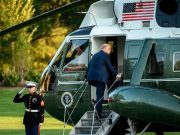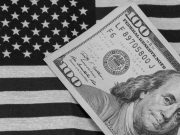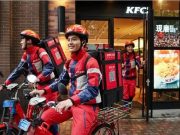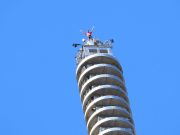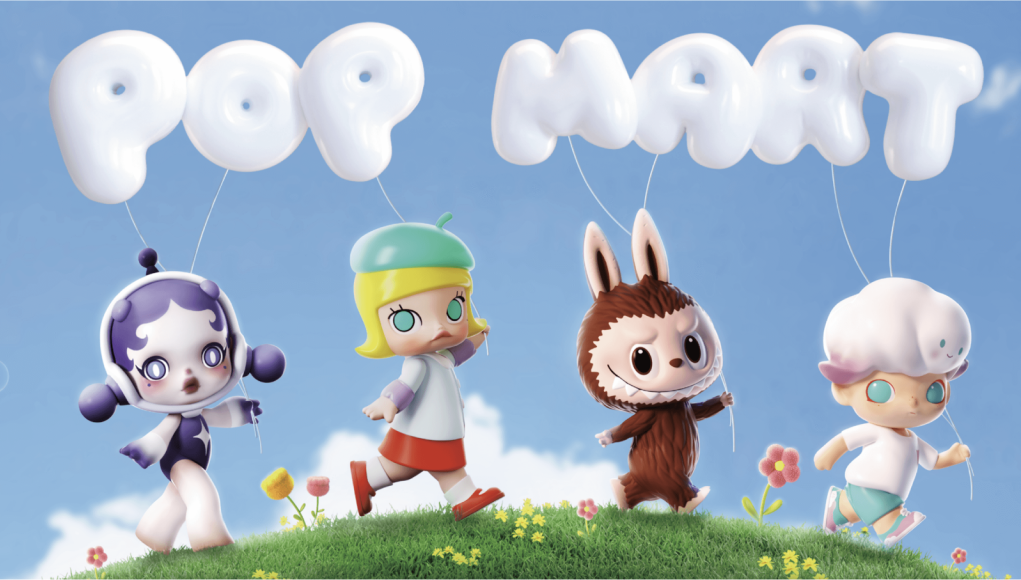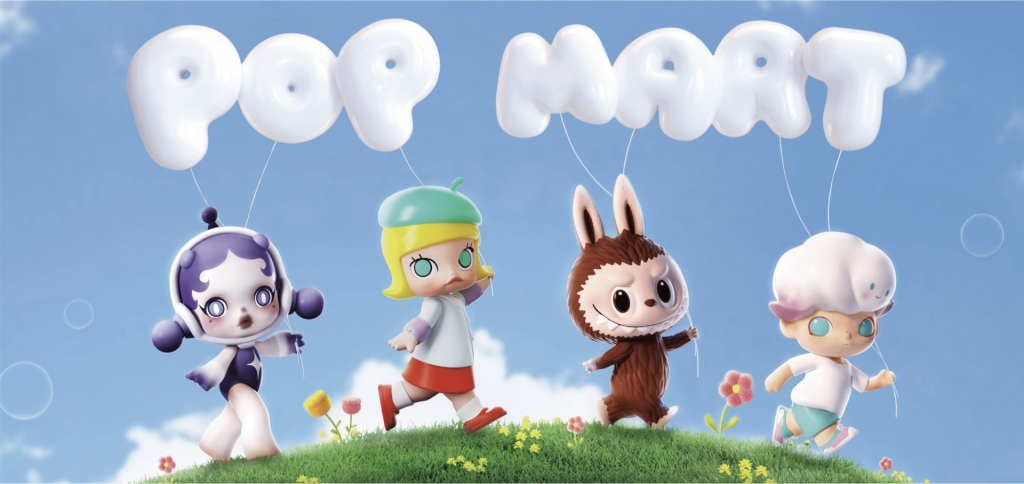
(Singapore, 20.08.2025)Forget Barbie and Hello Kitty. There’s a new toy in town, and it’s got pointy ears, sharp teeth, and a goofy grin that’s charming the world. Meet Labubu, the “ugly-cute” monster that has turned Chinese toymaker Pop Mart into a global sensation and a financial powerhouse.
In the first half of 2025, Pop Mart’s numbers were nothing short of monstrous. The company’s revenue skyrocketed by a stunning 204% year-on-year to 13.88 billion yuan (S$2.48 billion), smashing analyst expectations. But that’s just the beginning. Net income exploded, jumping an incredible 397% to 4.57 billion yuan (S$818 million). This isn’t just growth; it’s a financial supernova fueled by the unstoppable global demand for Labubu and its monster friends.
A Millennial’s Vision
This unlikely success story is the brainchild of Wang Ning, the company’s 38-year-old founder and CEO. A native of Henan, China, Wang graduated with a degree in advertising in 2009 and spent a year working for Sina Corporation, which owns the popular microblogging site Weibo. But he had a different vision. While on a trip to Hong Kong, he was inspired by the trendy retail stores he saw there and realized a similar concept didn’t exist in mainland China.
In 2010, at just 23, Wang took a leap of faith and opened the first Pop Mart store in Beijing’s tech hub, Zhongguancun. It was a rocky start. The store sold a variety of products, and Wang struggled with the day-to-day challenges of running a business. To get a better handle on things, he went back to school in 2014, enrolling in the prestigious Guanghua School of Management at Peking University.
This was a pivotal moment. It was during this time that Wang made two crucial decisions that would change everything: he decided to focus solely on toys, and he embraced the blind box concept, inspired by Japanese “gashapon” vending machines. This risky move, where customers don’t know which figurine they’re getting until they open the box, became the company’s signature feature and a massive driver of its success.
The Rise of the IP Empire
Wang also had the foresight to collaborate directly with artists to create exclusive intellectual properties (IPs). One of his earliest and most successful partnerships was with Hong Kong artist Kenny Wong, the creator of the wide-eyed, cute figurine, Molly. This collaboration was a game-changer, helping Pop Mart’s sales soar to $73 million (S$94 million) by 2018.
This strategy of nurturing original characters proved to be a gold mine. The Monsters series, which includes Labubu, has been the biggest driver of this recent success, generating a staggering 4.81 billion yuan (S$861 million) in revenue in the first half of 2025 alone. Labubu isn’t just a toy; it’s a cash cow.
From China to the World
While Pop Mart has long been a giant in its home country, its recent growth has been fueled by a massive global expansion, with a particular focus on Western markets like the U.S.
Pop Mart’s founder and CEO, Wang Ning, said in a recent interview that the company’s overseas growth has been “much faster than expected.” In fact, he predicts that foreign sales will likely surpass domestic Chinese sales by the end of 2025. What makes this global expansion even sweeter is that Pop Mart’s toys are priced higher in Western markets, leading to fatter profit margins.
The company is going all-in on its global takeover. Pop Mart is planting its flag in iconic locations, like the new megastore it opened in Bangkok’s landmark Iconsiam shopping center. The company has ambitious plans to open around 100 more outlets outside of mainland China in 2025, while also stepping up investment in its e-commerce website and apps to meet the online demand. They’re also actively seeking collaborations with more international brands and artists to keep the momentum going.
The Celebrity Effect
Part of Labubu’s meteoric rise is its star-studded fan club. These “ugly-cute” creatures have been spotted in the hands of global icons, including K-pop sensation Lisa from Blackpink, music superstar Rihanna, and former soccer legend David Beckham. When celebrities endorse something, the world pays attention, and it has created a massive wave of hype that’s sent demand for Labubu through the roof.
The hype is so real that Labubu dolls have been consistently selling out in stores around the world. Pop Mart has taken note and is pledging to increase the supply to keep up. CEO Wang Ning estimates that sales of Labubu will surpass 10 million units per day from September 2025, a testament to the toy’s insane popularity.
Pop Mart’s success has not only created a global toy empire but also made its founder one of China’s richest men. As of mid-2025, Wang Ning’s net worth is estimated to be around $20 billion, placing him among the top 10 richest individuals in China. This is a far cry from his humble beginnings and a testament to his vision and the company’s ability to tap into consumer psychology.
Beyond Labubu
While Labubu is the undisputed breakout star, Pop Mart’s success isn’t a one-hit wonder. The company has a stable of over 100 self-developed intellectual properties (IPs), and four other characters—including the fan-favorites Molly and Crybaby—each earned over one billion yuan during the first half of the year.
As analysts, including Citigroup’s Lydia Ling, have noted, this diverse portfolio of characters highlights Pop Mart’s “strong capability in IP incubation and operation,” which is key to its sustained growth.
Fueled by its incredible performance, Pop Mart’s shares have soared, gaining 213% this year and making the company more valuable than traditional toy giants like Mattel and Sanrio.
It’s clear that Pop Mart isn’t just a toy company; it’s a pop culture phenomenon. With its blind box strategy, global expansion, and a lineup of wildly popular characters led by the charmingly strange Labubu, the future looks incredibly bright.



